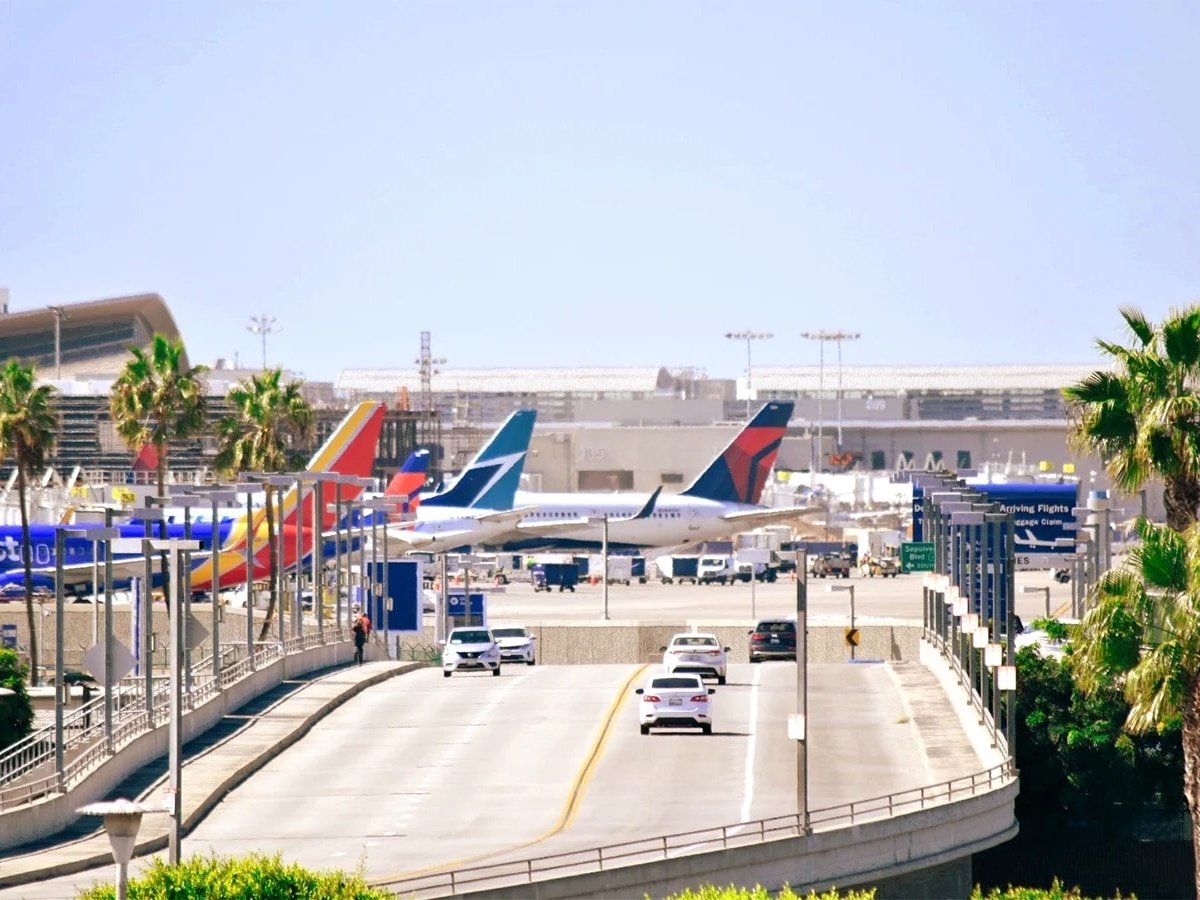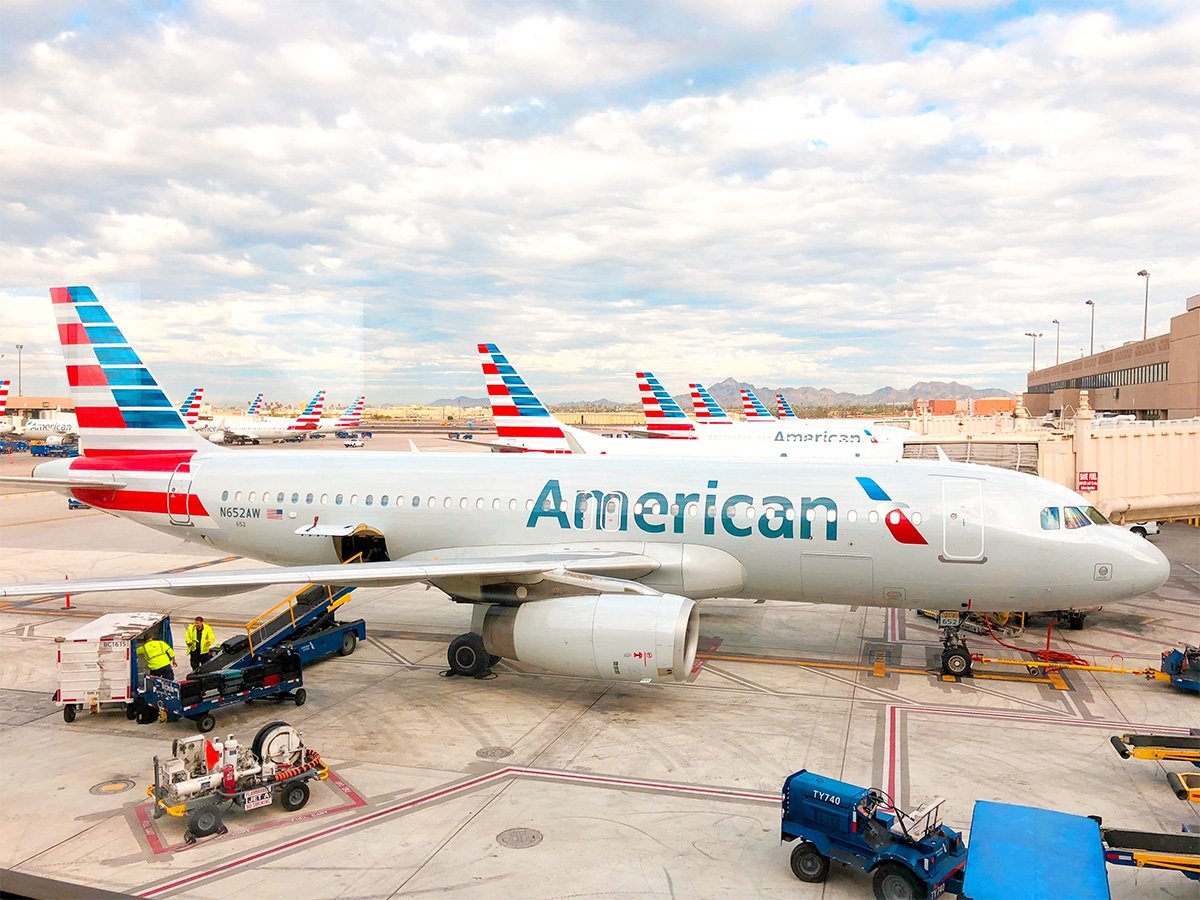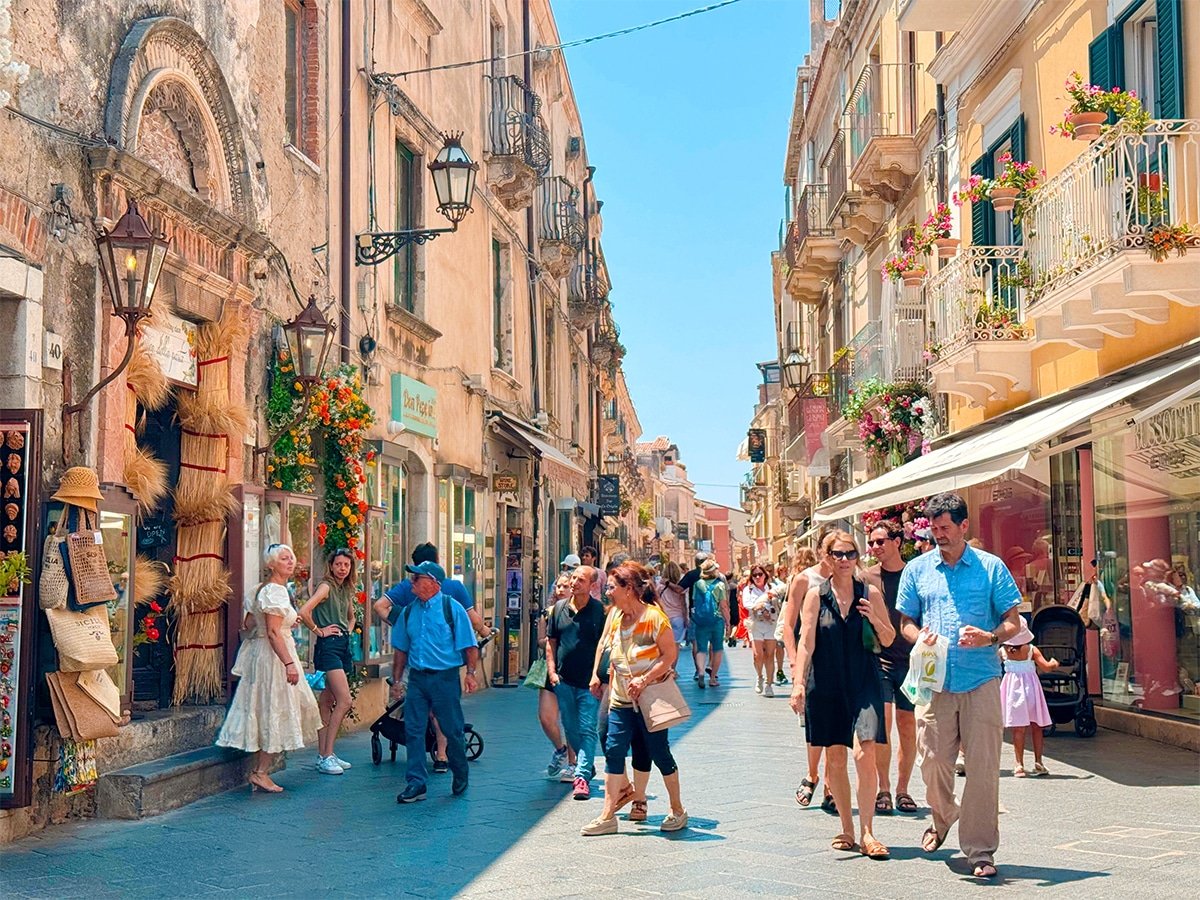This post contains references to products from one or more of our advertisers. We may receive compensation when you click on links to those products. For an explanation of our Advertising Disclosure, visit this page.
I think all travelers can agree on one thing: We hate being nickeled and dimed for every little thing and worst of all, feeling like we’re being tricked. One of the most frustrating experiences for a traveler is showing up to the airport only to learn you’re going to have to pay upwards of $100 for a CARRY-ON bag (ahem, Frontier Airlines and some other low-fare carriers). Or checking out of a hotel, only to learn you have to pay a ridiculous resort fee for amenities you didn’t even use, like the gym or the pool. TIP: If you’re flying Spirit, Frontier or Allegiant Airlines, this is the bag you need so you don’t get charged extra.

Of course, it’s every traveler’s responsibility to read the fine print but unexpected fees can really put a damper on a trip. These sneaky fees have come to be known as ‘junk fees’ and you’ve probably heard President Biden talking about eliminating them, something both political parties should be able to agree on.
On October 11, 2023, Biden said, in remarks delivered in the White House Rose Garden, “Research shows that without realizing it, folks can end up paying as much as 20% more because of hidden junk fees than they would have paid if they could see the full price up front and compare it with other options. It’s wrong.”
According to Reuters, “The administration has previously proposed a rule to require airlines to disclose fees upfront. The Federal Trade Commission proposed a new rule on Wednesday to ban hidden fees across a swath of industries including car rental agencies, hotels, and event ticketing providers. The agency estimated the fees cost consumers tens of billions of dollars annually on items such as hotel resort fees.”
Junk fees can come in all shapes and forms and can be added by airlines, hotels, apartment rentals, car rentals, cruises and more. One of my most irritating experiences happened at the Westin Fort Lauderdale in 2019. I checked in at 10pm and departed at 8:30am and was charged a $44 resort fee. The front desk wouldn’t waive the fee, even after speaking to the manager. I was ticked and I wasn’t even paying for it as I was there on a media trip with Embraer, who was footing the bill. But it was the principal of the matter. It’s galling to have to pay that kind of fee when I obviously had no time to use any of the amenities it covered.
Biden is calling for transparency and accountability to these ‘junk fees’ across several sectors, including travel. A bill recently introduced, called the Hotel Fees Transparency Act, is also targeting travel junk fees to improve transparency of fees for consumers.
Whether it’s that surprising fee when booking a flight, reserving a hotel room, or renting a car, these hidden costs can quickly add up. Here are some sneaky travel junk fees to be on the lookout for and how to avoid them altogether:
1. Airline baggage fees
Airlines can charge for checked bags and overhead bag space. To avoid these fees, bring only one personal item like a small backpack if it’s possible. If it’s a long trip, find out if your credit card offers a free checked bag. If you need to check a bag, book directly and read the fine print about how much it will cost you. Sometimes you can still get great deals from low-cost airlines, even paying separately for bag fees, so it’s important to read the fine print and compare all costs for each option.
2. Airline seat selection fees
Many airlines charge you to select your seat. If you are flying by yourself, this may not be a big deal. For a good deal, it could be worth it to take your chances on sitting in a middle seat for a short flight. If you want to dodge the fee and not select a seat in advance, always check in as early as possible to try to get a better seat. For families, this fee can really add up. You can try to check just one bigger bag for the whole family to save on individual fees. Regardless, run the numbers on flights that include seat assignments and ones that don’t. Be sure to read the fine print to find your total and compare options.
3. Change/cancellation fees
Airlines and hotels may charge fees for changing or canceling your reservation. Look for free cancellation options and double-check the date needed to cancel by for the full refund. Always note the cancel-by date in your calendar and/or set a reminder on your phone or email. I use FollowUpThen to remind me of important tasks.
4. Resort/destination fees
As noted above, some hotels charge a mandatory daily resort or destination fee, which may cover amenities like gym or pool access. Research these fees when booking and choose hotels that offer transparent pricing. Always book directly on a hotel website as third-party websites can leave out fees. Sometimes it’s easier to try to book (just stop before entering a credit card) just so you can see all the itemized fees outlined. Then, you can go back and search for other hotels to compare. Again, be sure to read all the fine print. If you are still not sure about the fees, call the hotel to confirm before booking.
5. Parking fees
Hotels (especially via third-party sites) are notorious for leaving this one out of fees. This is just one of those things that you’ll need to research yourself. If you can’t find a parking charge on the hotel website, call the hotel front desk’s local number (don’t call the reservation line if you can help it). Bottom line: If you are visiting a city or high-traffic destination, expect some type of parking fee. Avoid this fee by using public transportation, off-site parking options or ride-sharing to save on costs.
6. Rental car fees
Rental car companies will charge for child car seats, toll transponders, GPS devices and of course gas, if you don’t fill the tank up yourself when you return the car. But you can easily avoid some of these fees. For instance, the rental car company will charge an astronomical fee for gas so make sure you fill up the tank yourself. Bring your own car seat, use your smartphone for directions and pay the tolls yourself instead of getting a transponder. And if possible, using public transportation or ride-sharing will help you avoid rental cars, parking and all those fees altogether.
7. WiFi fees
While most hotels offer free WiFi when you sign up for their loyalty program, airlines may still charge for WiFi in the air. If you can’t get your work done in the airport, opt for a WiFi pass or fly an airline like Delta or JetBlue that offers free WiFi.
8. Resort spa fees
If you have any services done at the spa, be sure to double-check your bill. The hotel may have already added gratuity. If you want to tip in cash or include more or less tip than is already added to your bill, make sure to bring it up before checking out.
9. Early check-in or late check-out fees
Hotels can add a fee for checking in early and checking out late. Be sure to ask the hotel about their policy at check-in so you don’t end up with extra unwanted fees.
10. Foreign transaction fees
Use credit cards that do not charge foreign transaction fees. Also, if asked whether you would like to pay in US dollars or in local currency, always choose local currency to avoid getting ripped off. Here’s why.
KEEP READING
• How to Save Money With a Secret Third Carry-On
• How to Use Your Wireless Headphones to Watch In-Flight Movies
• 10 Airport Security Hacks Every Traveler Should Know
• How to Get the Best Coach Seat on the Plane
• The Sleep Hack Every Traveler Needs to Know
• Never Get Your Valuables Stolen on the Beach
Want more travel news, tips and deals? Sign up to Johnny Jet’s free newsletter and check out these popular posts: The Travel Gadget Flight Attendants Never Leave Home Without and 12 Ways to Save Money on Baggage Fees. Follow Johnny Jet on MSN, Facebook, Instagram, Pinterest, and YouTube for all of my travel posts.



